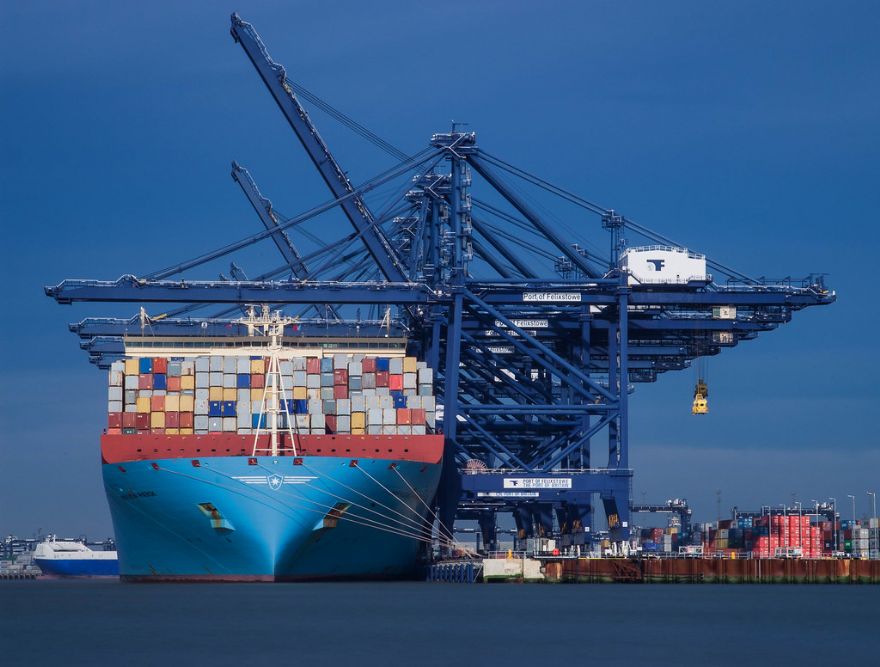 Photo: AgitatePhotography.co.uk
Photo: AgitatePhotography.co.uk The UK manufacturing sector had a mixed end to 2020 according to the latest
IHS Markit/CIPS Purchasing Managers’ Index (PMI) survey based on data collected between 4-18 December.
Clients bringing forward orders to beat the end of the Brexit transition period and the ongoing ‘bounce’ from the re-opening of the global economy boosted inflows of new orders and pushed output higher.
However, port delays and other logistical disruptions meant that supply chain delays lengthened to one of the greatest extents in the survey’s history.
The seasonally adjusted IHS Markit/CIPS Purchasing Managers’ Index (PMI) rose to a three-year high of 57.5 in December, up from 55.6 in November.
The level of the PMI was mainly boosted by a marked lengthening of suppliers’ delivery times and substantial increase in stocks of purchases as part of preparations before the end of the transition period (which also boosted new order intakes).
Manufacturing output rose for the seventh month running in December, albeit to a lesser extent than one month ago. Growth was registered across the consumer, intermediate and investment goods sectors.
The steepest expansion was at intermediate goods producers, while consumer goods output returned to growth following back-to-back contractions. Job cuts were made for the eleventh consecutive month.
December saw new orders rise at the quickest pace since August, as intakes improved from domestic and overseas sources. A large part of the latest expansion reflected clients bringing forward orders to guard against potential disruption caused by the end of the Brexit transition period (including delays at ports).
Quantities of purchases rose at the third-fastest rate in the 29-year survey history, as companies built-up stocks in advance of the end of the Brexit transition period.
Inventories of purchases subsequently increased to the second-greatest extent in the survey history (only March 2019 saw a stronger increase).
Substantial disruption to supply chains was experienced by manufacturers in December. Vendor performance deteriorated to the third-greatest extent in the survey history, ‘beaten’ only by the increases in lead times seen during the first wave of the pandemic.
Raw material shortages, port delays, freight capacity issues (air, sea and land) and Brexit concerns all contributed to supply-chain disruption.
Average input costs rose at the quickest rate in two-and-a-half years in December, reflecting input shortages, vendor price rises, increased transportation costs, Brexit uncertainty and exchange rate factors. Manufacturers responded by increasing output charges.
Business optimism eased in December, with 56% of manufacturers forecasting output to rise over the next 12 months (compared to 61% in November). Positive sentiment was linked to ongoing economic recoveries, hopes of a lesser impact from Covid-19, reduced uncertainty following the completion of Brexit and planned strategic investments.